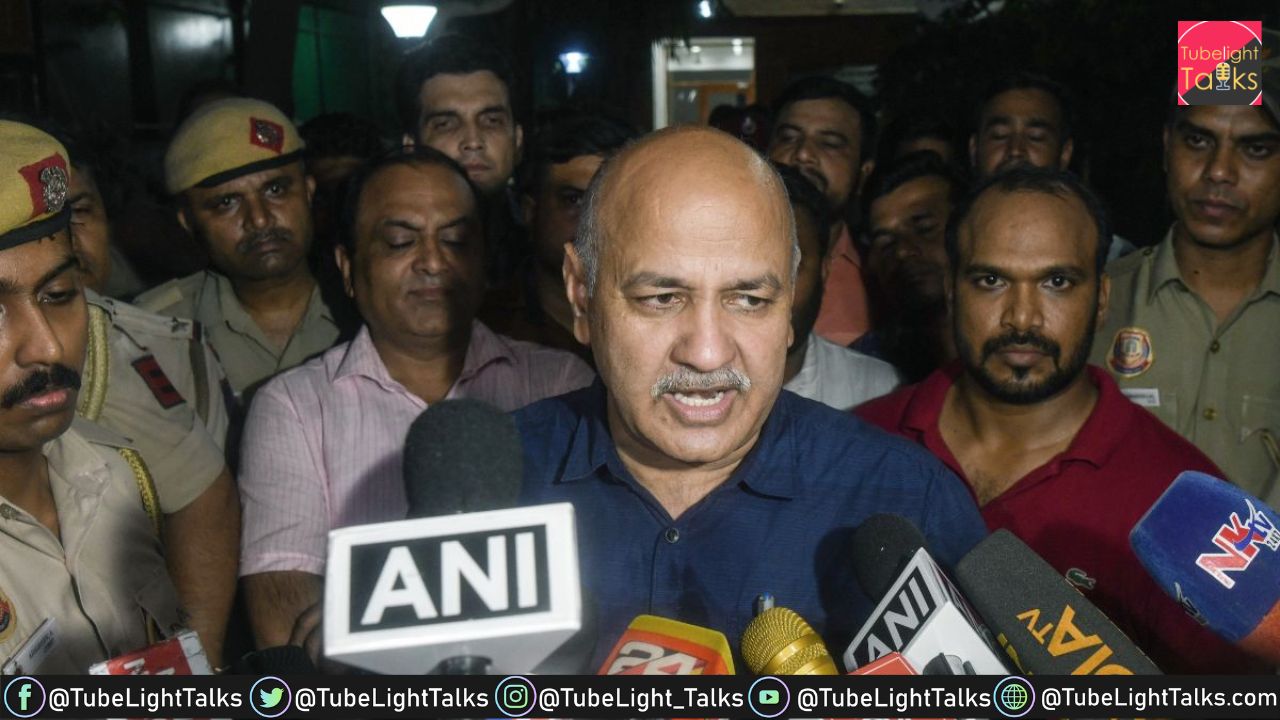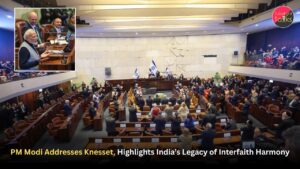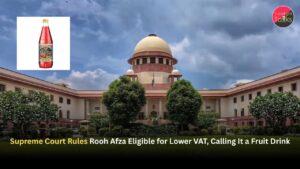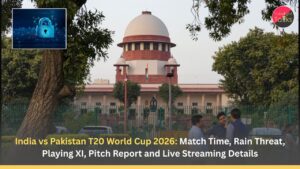Delhi Excise Policy Case: ED’s Stand on Sisodia’s Bail Plea
The case revolves around the alleged irregularities in the Delhi Excise Policy of 2021-22. The Enforcement Directorate (ED) has accused former Deputy Chief Minister Manish Sisodia of being a key figure in formulating and implementing this policy. It is claimed that the policy led to significant financial discrepancies and involved advance kickbacks amounting to ₹100 crore. The ED has opposed Sisodia’s bail plea, asserting that the delay in the trial is due to the actions of the accused, not the prosecution.
What is this Excise Policy Case?
The Delhi Excise Policy Case centers on the Delhi government’s Excise Policy for 2021-22, introduced in November 2021. The policy aimed to modernize the alcohol sales framework in the city but was later scrapped in July 2022 amid allegations of procedural lapses and corruption, leading to financial losses to the exchequer.
The Enforcement Directorate (ED) has accused several AAP leaders, including former Deputy Chief Minister Manish Sisodia, of creating policy loopholes to benefit private entities and themselves through kickbacks.
This policy has been a subject of intense scrutiny and investigation, resulting in high-profile arrests and political ramifications. The case has highlighted issues of governance, accountability, and the complexities of policy formulation in the public sector.
ED’s Allegations Against Manish Sisodia
The Enforcement Directorate (ED) alleges that Manish Sisodia played a pivotal role in drafting a new liquor policy and received ₹100 crore in kickbacks. The ED claims Sisodia and others have deliberately delayed the trial.
The ED says it has evidence of Sisodia’s involvement in ₹622 crore in money laundering and alleges he created legal facades to derail the investigation.
The ED points to ₹338 crore in increased profits for distributors under the new policy, which was later scrapped, as evidence proceeds of crime. The Supreme Court cited this while denying Sisodia bail. The ED also alleges Sisodia interfered extra-procedurally in the policy to benefit certain liquor entities, leading to state losses.
Arguments Presented in Court
In the Delhi Excise Policy case, the court heard arguments from both the ED and Manish Sisodia’s defense. The ED’s Special Counsel, Zoheb Hossain, argued that the accused, including Sisodia, were deliberately attempting to delay the trial. He highlighted that a total of 95 applications had been moved by 31 accused in recent weeks, which he described as a concerted effort to stall the commencement of the trial.
On the other side, Senior Advocate Mohit Mathur, representing Sisodia, contended that despite the investigation concluding 11 months ago, no evidence links Sisodia to the alleged bribe money. Mathur emphasized that the alleged proceedings of crime have not been proven to cause any loss to the exchequer or private consumers. He argued for Sisodia’s bail, stating that he no longer holds a position to influence and meets the triple test for bail as outlined by the Supreme Court.
The court’s decision on the bail plea is eagerly awaited, as it will have significant implications for the case and the individuals involved.
Legal Precedents and Implications
The Delhi Excise Policy case has set significant legal precedents, particularly regarding the governance and accountability of public officials. The case has raised questions about the constitutional morality and the practicality of a Chief Minister governing from jail. The Madras High Court, in S. Ramachandran vs V. Senthil Balaji Case, 2023, considered the implications of a Minister accused of a financial scandal continuing to hold office while in custody.
Moreover, the case has highlighted the potential influence of policy decisions on electoral outcomes, as alleged kickbacks were purportedly used to sway elections in Punjab and Goa. This aspect of the case may lead to a reevaluation of the Representation of the People Act, 1951, and the need for more robust safeguards against the misuse of policy for electoral gains.
Reactions from Political Parties and Public
The arrest of Delhi Chief Minister Arvind Kejriwal in connection with the excise policy case has elicited a spectrum of reactions from political parties and the public. The Aam Aadmi Party (AAP) has condemned the arrest, labeling it as politically motivated and orchestrated by the Bharatiya Janata Party (BJP). Senior advocate Abhishek Manu Singhvi, representing Kejriwal, argued that the summonses lacked specificity and were part of a vague fishing expedition, infringing upon Kejriwal’s fundamental rights.
On the other hand, the BJP has pointed to the arrest as evidence of AAP’s alleged corruption and misuse of power. The public’s response has been mixed, with some expressing support for Kejriwal and others calling for accountability and transparency in governance.
The case has also sparked discussions on social media, with hashtags and debates reflecting the polarized views on the matter. This public discourse underscores the case’s impact on political dynamics and the scrutiny of policy decisions in India.
Next Steps in the Judicial Process
The judicial process in the Delhi Excise Policy case is set to continue with several key developments:
- The court has extended Manish Sisodia’s judicial custody until April 18, 2024. This extension was granted by Special Judge Kaveri Baweja as the case progresses through the legal system.
- The CBI has been granted permission to interrogate BRS leader K Kavitha in Tihar jail, indicating a deepening of the investigation.
- The trial is currently in the phase of scrutinizing documents, and charges have not yet been framed. The ED had previously indicated that it aimed to conclude the trial within six to eight months, but this timeline has been extended.
A Path to Enlightenment
The story of the Delhi Excise Policy serves as a powerful reminder that honesty and transparency are crucial, especially among our leaders. It underscores the significance of making sound choices for the sake of trust and overall well-being. Reflecting on the lessons from this case, we find a timely opportunity to seek guidance from spiritual literature. Books such as “Gyan Ganga” and “Way of Living” provide deep insights into nurturing genuine wisdom, knowledge, devotion, and ethical conduct. For more information visit www.jagatgururampalji.org











Discussion (0)